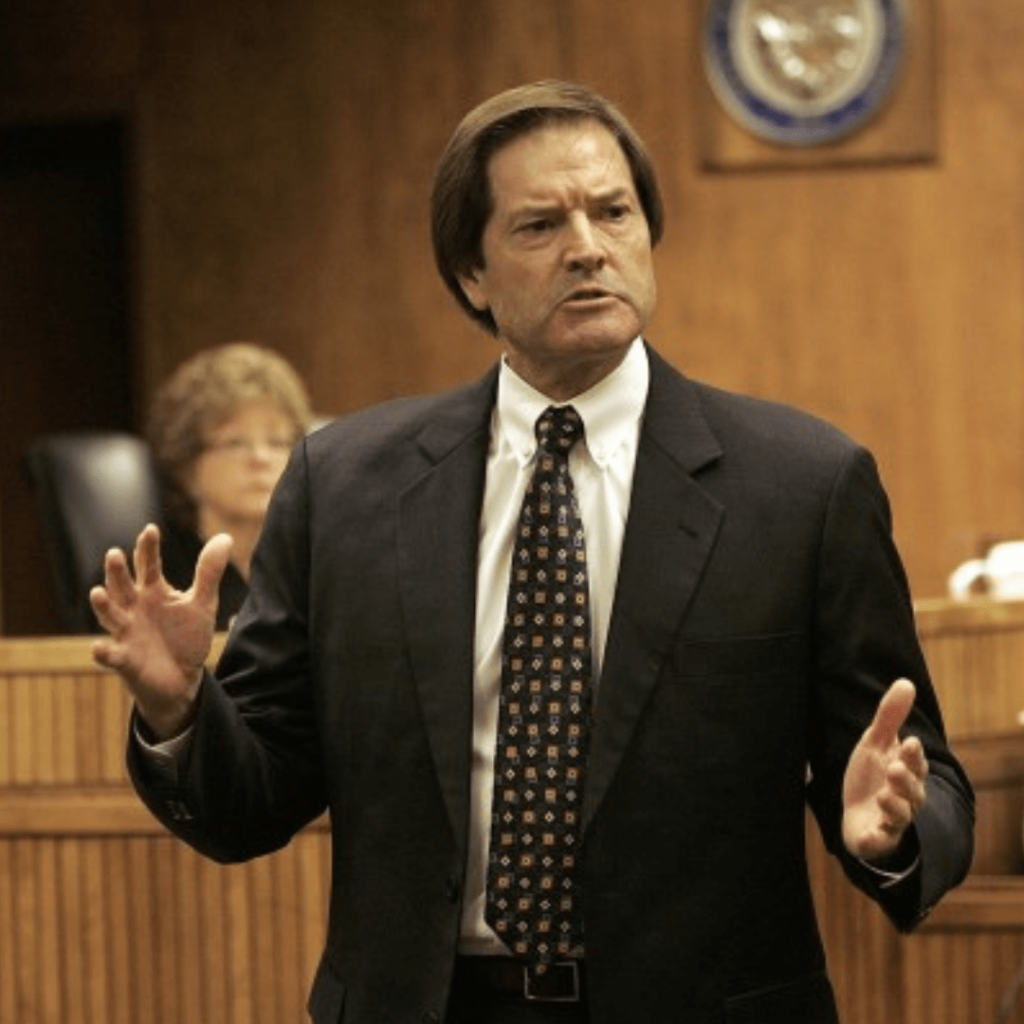The following is the opinion and analysis of the writer.
Rick Unklesbay been with the Pima County Attorney’s Office since 1981 and served as a deputy county attorney, violent crimes supervisor, chief trial counsel, and chief criminal deputy. Over the course of his career, Rick has tried over 200 cases with over 100 jury trials on first-degree murder cases. In 2010, Rick retired from the Pima County Attorney’s Office but has since been back in the office trying a few cases and starting a new unit on conviction integrity looking at potential claims of innocence. Below Rick shares his on why he wrote the Book Arbitrary Death.
Of the many, many people who have had an influence on me in the course of my career, Gail Leland was right at the top of the list. Gail founded Parents of Murdered Children, the precursor to Homicide Survivors. I first met Gail in the 1980’s when, as a young prosecutor, I began to try murder cases. From Gail I learned the importance of a prosecutor not just establishing a connection to the surviving family, but having empathy for and understanding of what that family was going through
Gail wanted surviving victims to not just understand the system, but to have a say in it and be informed about the case involving their loved one. Through this connection Gail sought to ensure that victim survivors would not be lost in the justice system or be taken for granted.
In later years Gail and I spent many hours traveling back and forth to meetings in Phoenix when we both served on a committee formed by the Arizona Attorney General to evaluate the state’s death penalty system. I was fortunate to learn more from her about the needs of surviving families and the devastation brought to them by sudden violence. Those lessons she taught stayed with me throughout the years.
In late 2017, I began to write Arbitrary Death. For about a year and a half I tried to put together stories about the sudden violence of a homicide and the impact on the victims’ families over the years of litigation. Although there were too many cases to choose from, I selected a handful that seemed to demonstrate the pain, the uncertainty and the anguish that family members endure. The book focused on death penalty cases and how, in so many ways, the State’s attempt to seek death and the imposition of the death penalty on the murderer impacted the surviving family.

The book is meant to be an educational tool to explain not just the frailties of our justice system, but to give some insight into what survivors go through when the State decides a homicide is a death penalty case. For those outside of the lawyers and judges who try these cases, few understand the complexities of the cases, the lengthy delays and the unending appeals. Each step of such cases impacts the family in ways that many murder cases don’t. I thought it important to describe how these cases proceed and how such a high percentage of them come back to court for further hearings, often years after the case was seemingly over. It is, I think, important information to have.
Hopefully potential readers are not scared off by thoughts that the book might have too much “legalese”. I tried hard to write it for the non-lawyer and give my perspective on how these cases proceed through the court system and how they effect survivors. Arbitrary Death does come to some conclusions about our capital system, but it isn’t really about trying to persuade someone to believe we should retain or abolish the death penalty. Rather, as Gail taught me long ago, having surviving victims understand the system and making sure they have a voice in the case is what I felt was needed.
The stories in the book belong to the survivors of each of the victims. Those families were gracious enough to let me tell those stories and use photographs of their loved ones. Because the stories belong to them, and in honor of what Gail taught me long ago, the proceeds go to benefit Homicide Survivors, Inc. so that the work started long ago by Gail continues.
You can learn more about Rick in his interviews with Arizona Public Media. You can purchase Arbitrary Death here. All author proceeds benefit Homicide Survivors Inc.
Join us on Saturday, September 21st to commemorate the National Day of Remembrance with a survivor picnic to honor loved ones lost to violence in our community. The event will include food, drinks, and a craft activity for you to take home.
Every year, families in our community are shattered by the loss of a loved one to homicide. Please consider joining us this Arizona Gives Day and donating to our cause. Your contribution will ensure we continue to provide services to Survivors, such as advocacy, support and assistance.